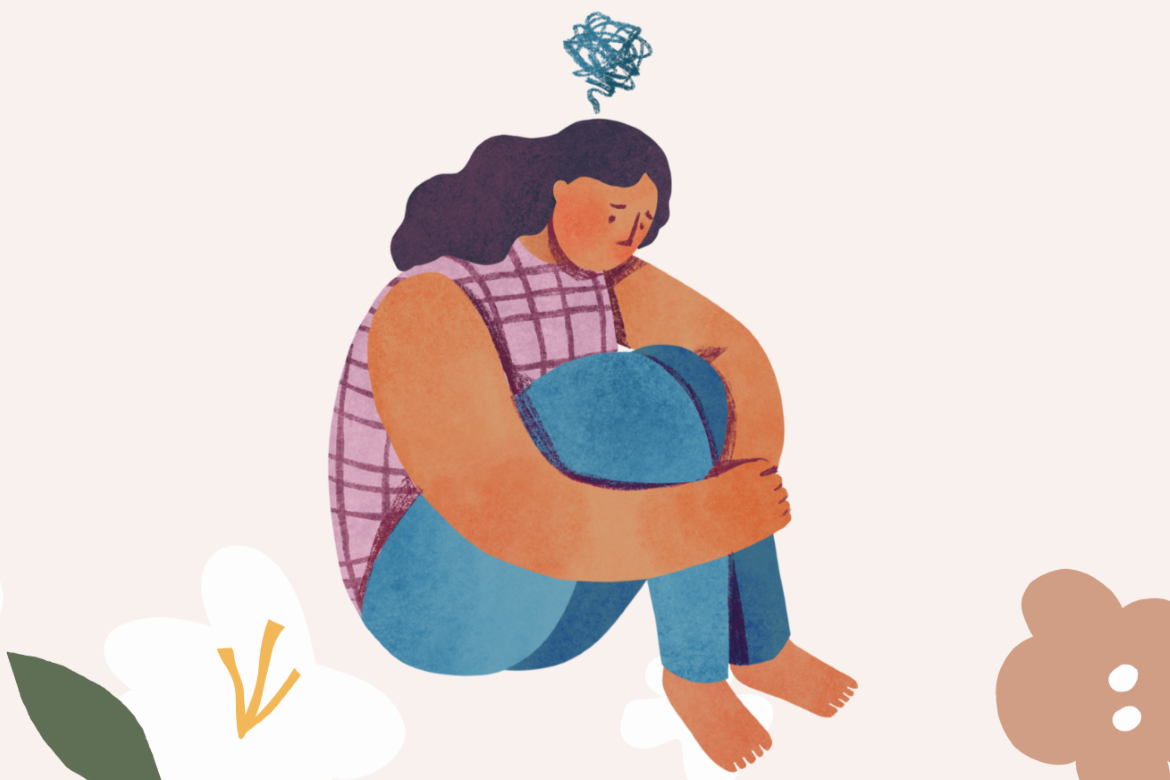By Ashlee Wells
“It’s like a never-ending to-do list that I can never seem to complete. I feel like I’m drowning in responsibilities.”
When it comes to raising children, mothers often bear the brunt of the mental load. This refers to the invisible workload of managing a household and family, including tasks like meal planning, scheduling appointments, remembering birthdays and anniversaries, organising school activities, and coordinating childcare. This mental load can be overwhelming and can have a significant impact on a mother’s mental health.
The Impact of Mental Load on Mental Health
The mental load of motherhood can lead to chronic stress, anxiety, and depression. Studies have shown that women who carry a high mental load report lower levels of life satisfaction and happiness. A study in the Journal of Family Issues found that mothers who carry a disproportionate amount of the mental load are more likely to experience burnout and decreased life satisfaction.
The Warning Signs of Mental Load Overload
Mothers who are carrying a heavy mental load may experience a range of symptoms, including irritability, difficulty concentrating, forgetfulness, fatigue, and insomnia. They may also feel like they’re constantly “on”, even when they’re not actively completing tasks, which can make it difficult to relax and enjoy downtime.
Strategies to Improve Mental Load and Relationships
Mothers can take steps to alleviate the mental load and improve their mental health. Reducing the mental load of motherhood can be challenging, but there are strategies that can help. Here are some suggestions:
- Communicate openly: Talk to your partner about how you’re feeling and what you need help with. Be specific and clear about the tasks that are overwhelming you.
- Share responsibilities: Divide household and childcare tasks fairly with your partner. You don’t have to do everything yourself. Encouraging partners and family to take on tasks such as grocery shopping, meal planning, and laundry can help alleviate some of the mental load.
- Prioritise self-care: Make time for yourself and prioritise activities that help you relax and recharge. Mothers often put their own needs last, but taking care of oneself is important for mental and physical health. Partners can support self-care by taking on additional tasks or providing opportunities for mothers to take breaks.
- Get organised: Use a planner or app to help you stay on top of tasks and appointments. Using a shared app or physical list can help ensure that tasks are distributed evenly and that everyone is aware of what needs to be done. Having a system in place can reduce stress and make it easier to manage your mental load.
- Practise mindfulness: Mindfulness techniques like meditation or deep breathing can help you stay calm and centred, even when you’re feeling overwhelmed.
- Practise gratitude: Recognising and expressing appreciation for each other’s contributions can help reduce feelings of resentment and increase feelings of connection and appreciation.
Studies indicate that when mothers receive support from their partners and share the responsibilities of household and childcare tasks equitably, they experience less stress and better mental health. By prioritising self-care and distributing the mental load, mothers can enhance their mental well-being and enjoy a more enriching family life. In addition, managing expectations in relationships is crucial to sustain satisfying and healthy partnerships. This entails communicating openly with one’s partner about their needs, desires, and expectations, and collaborating to reach a mutually agreeable equilibrium.
“I wish I could just turn off my brain and relax, but there’s always something that needs to be done. It’s a constant battle to find balance.”
Seeing a Psychologist for Help
For some mothers, the mental load may be overwhelming, and self-help strategies may not be enough. In these cases, seeking support from a psychologist can be beneficial. A psychologist can help mothers develop coping strategies, improve communication and relationships, and address any underlying mental health concerns.
Research has shown that therapy can be an effective way to reduce stress and improve mental health in mothers. In one study, mothers who received therapy reported improvements in their mental health and decreased levels of stress.
In conclusion, the mental load of motherhood is a significant issue that can impact a mother’s mental health. By recognising the warning signs and implementing strategies to reduce this workload, mothers can improve their mental health and enjoy a more balanced and fulfilling life. It’s time for society to acknowledge and support the mental load of motherhood, and work towards creating a more equitable distribution of responsibilities within families.
Ashlee Wells is a Registered Psychologist, the Founder of Wells Psychology, a Qualified Perinatal and Infant Mental Health Clinician, Circle of Security Parenting (COSP) Facilitator, and a mother of two young toddlers. She works in a women’s health clinic and has a passion for supporting women with the unique set of mental health challenges they may face. Ashlee offers a space for women to safely share their experiences without judgement.











